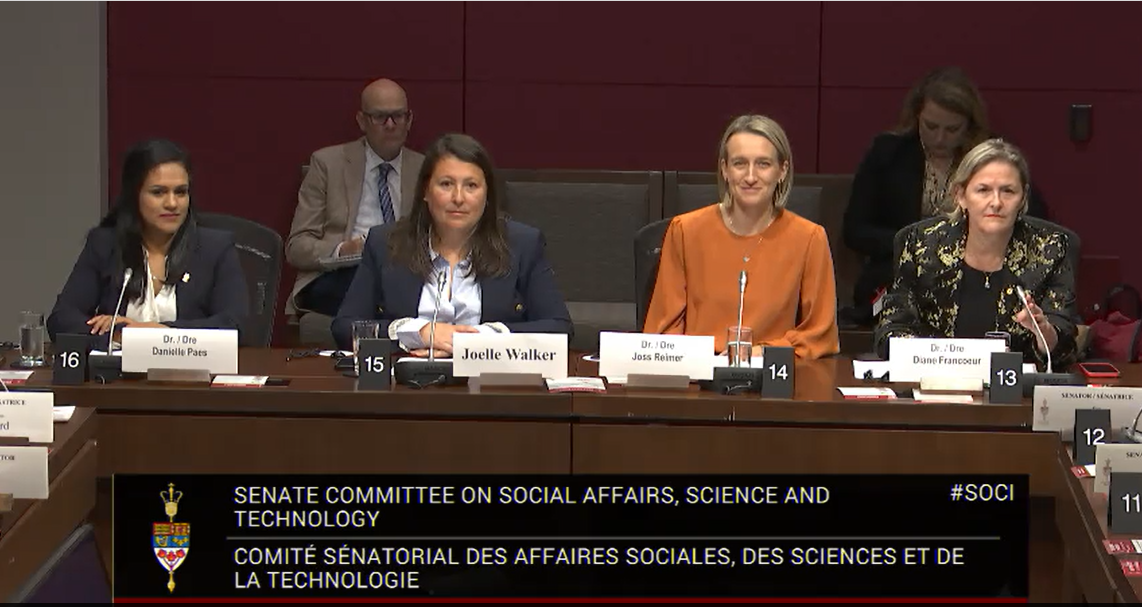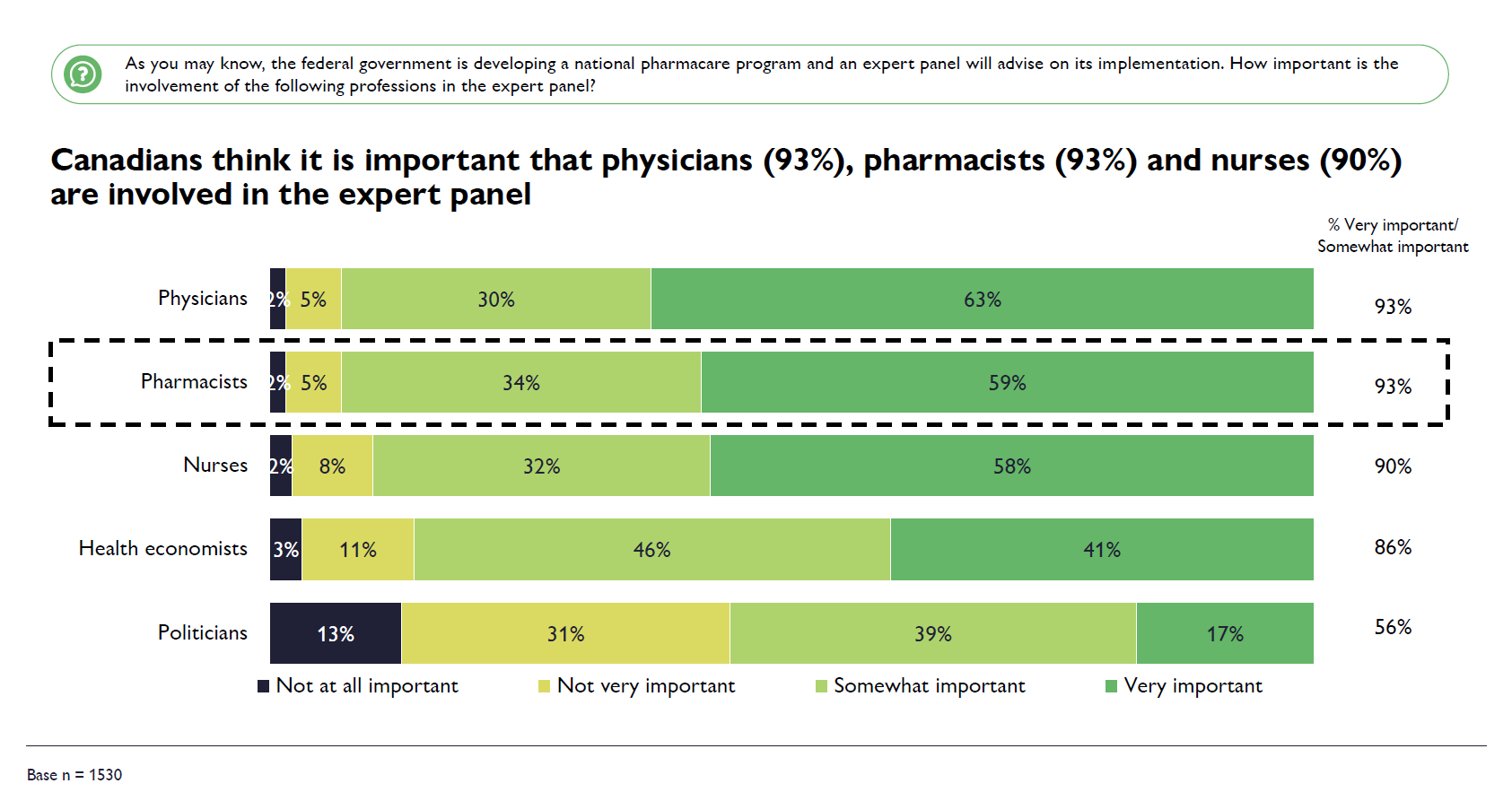Pharmacare is here: What happens next?

Bill C-64 An act respecting pharmacare was passed on October 10. In a new blog post, CPhA’s Dave Penner, Director of Advocacy and Policy, explains what happens next.
Health Minister Mark Holland has consistently set October 10 as the target date for passing Bill C-64, An Act respecting pharmacare. True to his word, the Bill was signed by the Governor General on the evening of October 10, officially making Bill C-64 the law of the land.
Advocating for pharmacy in pharmacare
Over the past 6 months, CPhA has actively participated in the legislative process, making 2 appearances before parliamentary committees, in addition to meeting with MPs, senators and other officials. We have consistently advocated for a multi-payer pharmacare system, for expanding the definition of pharmacare to include pharmacy services and for the inclusion of a pharmacist on the committee of experts. In case you missed it, you can watch the recordings of our appearances here:
- House of Commons Health Committee (HESA) May 23, 2024
- Standing Senate Committee on Social Affairs, Science and Technology (SOCI) September 26, 2024
As anticipated, the Senate did not amend the bill, allowing for a relatively smooth passage.

Eyes turn toward committee of experts
Although we had hoped for clearer language on the composition of the committee of experts, the window remains open for the Minister to appoint a pharmacist to this group, which must be created within 30 days. Shortly after the Bill’s passage, CPhA launched a social media campaign urging Canadians to email Minister Holland (hcminister.ministresc@hc-sc.gc.ca), encouraging the inclusion of a pharmacist on the committee. Confirming our positioning, on October 11, CPhA released results from a public opinion poll, which showed strong support for pharmacists to play an important role in advising the Government on the implementation of pharmacare.

To the negotiating tables
Navigating the next phase of pharmacare will definitely be more complex for the federal government. The Minister of Health will need to negotiate individual agreements with each province and territory—not easy given the political climate across Canada. In September, Minister Holland signed a memorandum of understanding (MOU) with British Columbia, which included coverage for hormone therapy for women, as contraceptives are already covered provincially. However, with provincial elections underway in British Columbia (October 19), New Brunswick (October 21) and Saskatchewan (October 28), negotiations could become more complicated depending on which political party forms the government in each of those three provinces. Alberta and Quebec have already signaled they are not interested in negotiating a federal pharmacare agreement, unless significant concessions are made. Most other provinces have, for the most part, been rather quiet regarding their individual plans.
On November 13 and 14, provincial and territorial health ministers will meet in Halifax, NS, for their annual conference. With Minister Holland serving as co-chair, pharmacare is expected to dominate the agenda. CPhA will be on the ground in Halifax and will continue to be the national voice with respect to pharmacare negotiations.
We’ll keep you posted!
Dave
